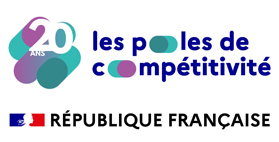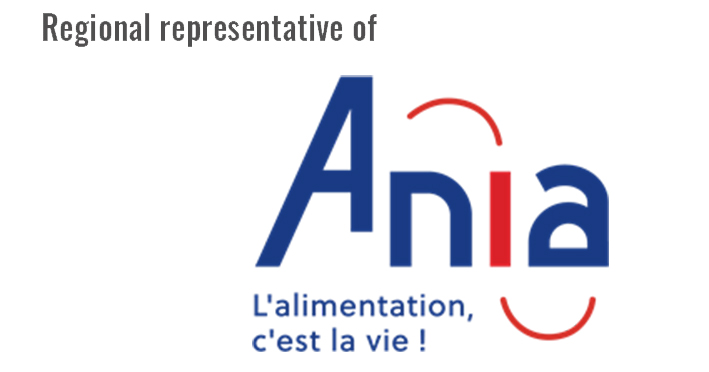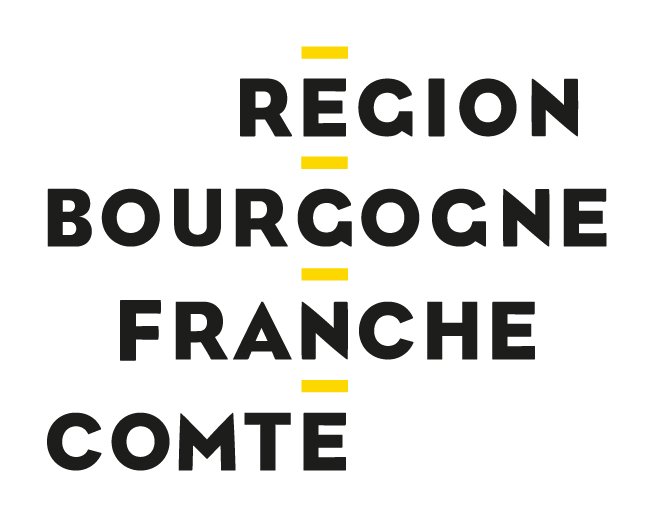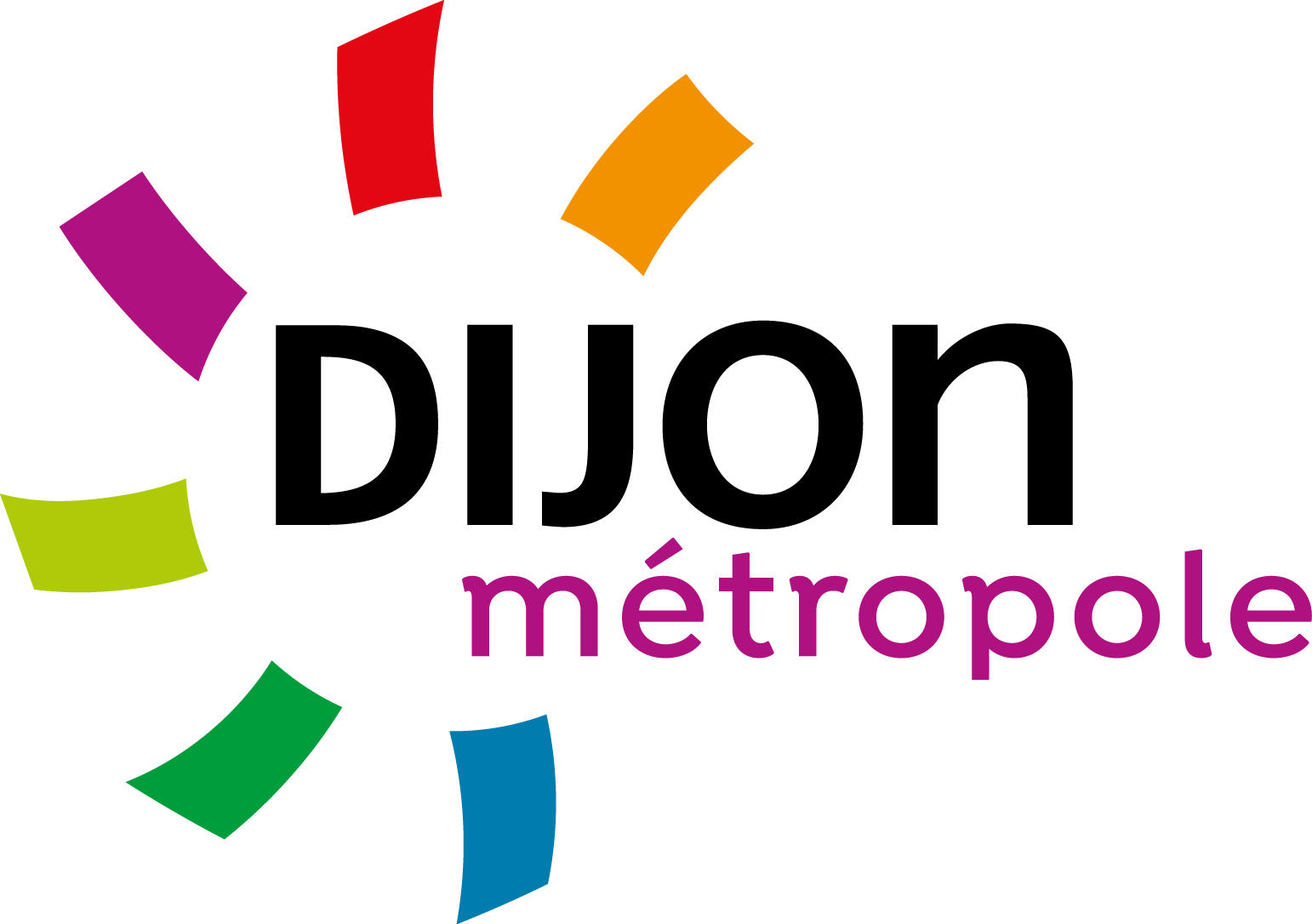11 April 2018 / The experts of the Vitagora ecosystem / Vitagora publication / Science and technologies
Understanding consumer experience to build brand loyalty
This article is also available in French:

In the past, the product was the centre of attention. Now the consumer is the focus. Consumer behaviour and needs are a fount of information for the development of a successful consumer experience. Why is the concept of consumer experience important? What are the key points to optimise? How do you build consumer loyalty?
Why this should interest you
- The notion of experience is new in the field of consumer behaviour analysis.
- Analysing consumer behaviour during the purchase process and consumption helps to define the consumer experience.
- Understanding consumer experience enables marketing to be adjusted effectively.
- Traditional theories about consumer behaviour need to evolve.
Companies need to understand their consumers so they can adapt their products and communicate positively to increase their value. Until now, the consumer was understood using utilitarian logic: need, purchase, satisfaction (or lack thereof). This narrow view was overturned by pioneering work by Holbrook and Hirschman in 1982, which presented the consumer in a new experiential way.
What is the consumer experience? Is it a single event or a series of events? What is the impact on the buying process, or on consumer loyalty? What contributes to a successful consumer experience? There are many questions, but answers are only just emerging. Management research centres and the food industry have a common goal: finding the keys to develop more effective, value-added campaigns to improve consumer experience and, ultimately, build consumer loyalty.
Professor Marc Filser, Doctor of Economics, State Doctor of Management Sciences and Director of the CREGO, explains why studying consumer behaviour and experience is useful.
Marc Filser
Director of CREGO

Professor Marc Filser has an academic background. With a master's degree in Economics from the ICN in 1978, a postgraduate thesis in Nancy and then a state thesis in marketing in Montpellier, he received France’s highest teaching diploma in 1986 and moved to the University of Burgundy. He has three main activities:
- Developing and piloting the University of Burgundy management education programme
- Marketing research for CREGO into consumer behaviour analysis and distribution analysis
- The promotion of research in France and internationally through scientific publications and projects working with major names in the distribution sector.
CREGO
Centre for Research in Organisation Management (Centre de Recherche en Gestion des Organisations)
CREGO was created in 1988 as part of the economics research laboratory. It became independent in 2013. This university research centre brings together academic staff and PhD students from the French regions of Bourgogne-Franche-Comté and Haute-Alsace. The team currently includes 75 academic staff with 40 PhD students. Marc Filser is proud to have 54 theses under his leadership, "We generate high volume PhD and scientific production. CREGO is one of the largest French management science research units,” he explains. The main disciplines addressed at CREGO are corporate finance, marketing, human resources management, strategy and financial control.
The consumer: a valuable source of information
Traditionally considered from a purely economic angle, the consumer was just a buyer. Utilitarian logic was applied with precise objectives and optimised behaviour considering constraints such as budget, travel, and timing. The experience approach transfers the focus of the purchase process toward a more global view of consumption: the purchase process, product use, the consumer’s relationship with the product, after-sales services, etc.
As a result, all consumer behaviour is analysed with responses to a variety of objectives: pleasure, belonging, esteem, symbolism, etc. Mr. Filser takes pleasure in reminding us, "The experience is an interaction with a product that must be pleasant, memorable and meaningful to the consumer" (Kwortnik and Ross, 2007). How does consumption provide hedonistic gratification? How can it find its way into a consumer’s memory? How can it give purpose? Observing consumers is becoming a valuable source of information for the marketing sector.
Don't rely on your intuition
Drive-throughs: the importance of conducting consumer experience studies
"Everyone wants to offer consumer experience but no one really understands what it means," Marc Filser says. Incorrect presumptions are often made about what makes a successful consumer experience, which is why it is important to conduct methodical and scientific studies into the subject.
One study by Marc Filser and his team into the buying process produced counter-intuitive results. They analysed consumer experience in drive-throughs such as Auchan, one of the first French retailers to install drive-throughs. When asked the question: “What makes the food buying process in a drive-through positive?” we imagine answers such as “the way the shopping is prepared” or “it saves time”. But their study showed that that the satisfaction of drive-through buyers depends first and foremost on the quality of interaction with delivery staff. "Despite it only taking a few minutes!” Major chains quickly acted to take advantage of this observation by focusing on personalised interactions between delivery staff and customers. Staff are an important element of the buying process and their words and actions persist in the memory, even for a drive-through.

After the sale: memories are powerful for building loyalty
Studying consumer experience should not be limited to the stages before or during the buying process. In 2016, the thesis by CREGO’s Michael Flacandji revolutionised studies in this field, focusing on three components of the consumer experience: memories of before, during and after.
Without challenging the concept of customer satisfaction, Michael Flacandji highlights the importance of memories – which are much more predictive of customer loyalty than satisfaction. Memories can be factual, such as: "I remember the cake box was yellow and red". But to have lasting impact on consumer experience and loyalty, they must be rich, easily accessible and have purpose.
The research (thesis available online) received the award for the best French thesis in marketing awarded by the FNEGE and the French marketing association. Its results provide very actionable operational leads to help brands to manage customer memory.
In conclusion: a revolution is vital
Traditional theoretical frameworks previouslyused by Marc Filser and his team are quickly exhausted. The concepts were developed in a slower world where interaction took time. "We currently live with immediacy and pervasiveness," he admits.
We have everything, all the time, everywhere and instantly. It is therefore necessary to develop consumer behaviour models and distribution channel analysis. Observation is required. We must observe consumer experience, behaviour, business models and practices then produce new explanatory models for interaction. To that end, Vitagora is working with BSB on an academic chair for the Evolution of business models in the food industry. This includes, for example, the influence of digital platforms on individuals. "Using new technologies is positive but we need to ask what influence they will have on the consumer!” concludes Mr. Filser.
Keywords
Behaviour, customer, purchasing, consumption, experience, marketing, research, management
|
Go further...For more information about CREGO’s research or to contact the research team, contact Elodie Da Silva: elodie.dasilva@vitagora.com
A food engineer from the French city of Toulouse, Elodie leads the "Innovation & Ecosystem" team of Vitagora in providing support for agrifood business innovation goals, with enthusiasm, professionalism and confidentiality. |
Further reading
- Michael FLACANDJI, "Du souvenir de l'expérience à la relation à l'enseigne. Une exploration théorique et méthodologique dans le domaine du commerce de détail" (co-direction Jean-Luc Herrmann), Décembre 2015. Prix 2016 de la meilleure thèse de Marketing décerné par la FNEGE et l'Association Française du Marketing.
- Sandrine HEITZ-SPAHN, "Comportement des consommateurs dans un environnement multi-canal : exploration de la préparation de la décision et de l'achat", Novembre 2011.
- Claire ROEDERER, "L'expérience de consommation : exploration conceptuelle, méthodologique et stratégique", Novembre 2008.
- Claire ROEDERER et Marc FILSER (2015), "Le marketing expérientiel. Vers un marketing de la cocréation", Vuibert, Paris.




 Home
Home


















